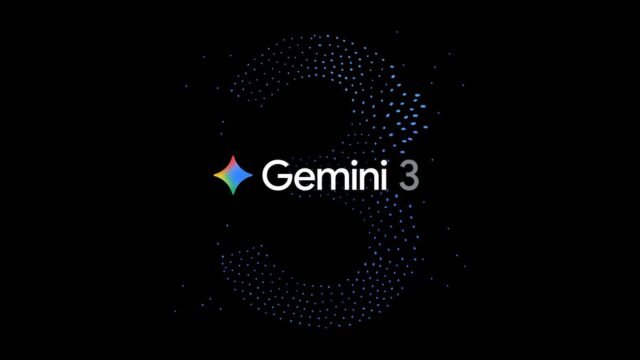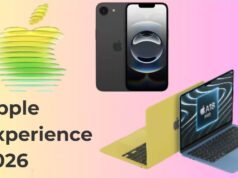Google has just launched its most advanced artificial intelligence model yet — the Gemini 3 family — and it’s already being touted as a milestone in reasoning, creativity, and decision-making. At the heart of this release are two standout variants: Gemini 3 Pro and Gemini 3 DeepThink, each optimised for different kinds of tasks. These models aren’t just about chatting — they’re designed to think.
Here’s a breakdown of what Gemini 3 brings, why DeepThink is special, and what it could mean for users in Nigeria and beyond.
Table of Contents
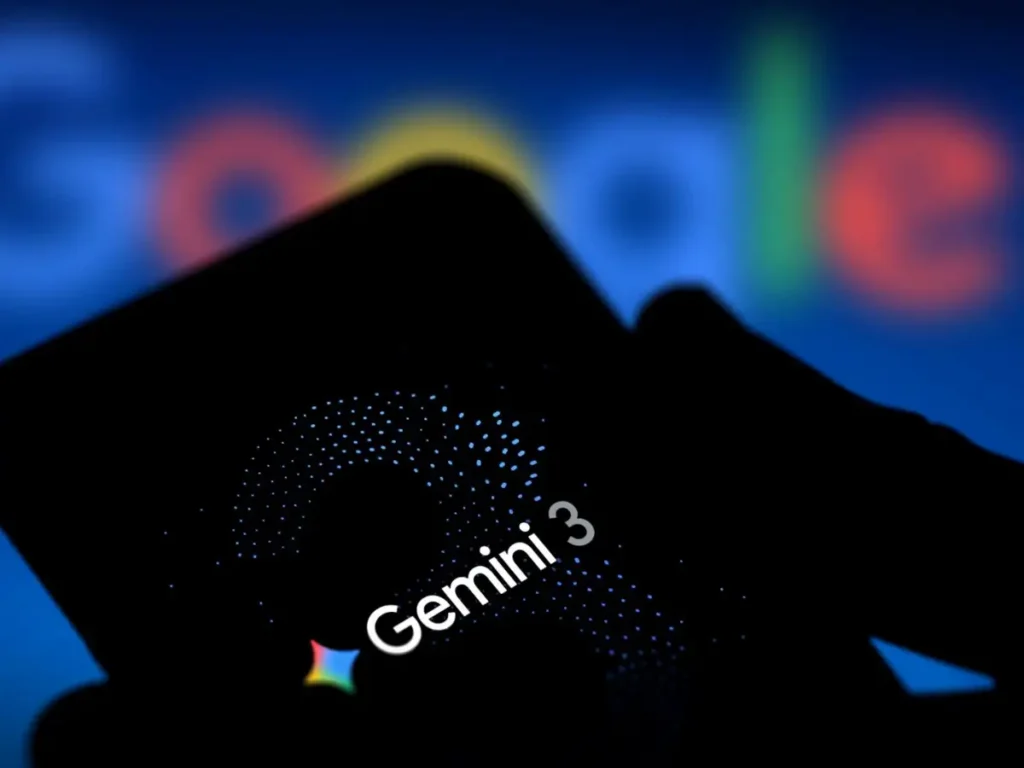
The New Gemini 3 Line: More Than Just a Chatbot
Gemini 3 is more than a simple conversational AI. According to Google, it is natively multimodal, which means it can understand and reason across text, images, video, audio — even code. Its context window is massive, capable of handling up to one million tokens, so you can feed it very long or deeply nuanced prompts without breaking the flow.
On the benchmark front, Gemini 3 has clocked impressive scores. It has performed strongly in academic-style reasoning tests, code execution, planning tasks, and more. Google says this model can deal with zero-shot generation tasks — for example, building software components or web UI from a simple instruction, even when it hasn’t been explicitly trained on that exact example.
In practical, down-to-earth use cases, Gemini 3 can help you do things like: decode handwritten recipes in different languages and turn them into a shareable cookbook, or even analyse videos (say, of a sports match) to pick out ways to improve performance.
Gemini 3 Pro: Your Thought Partner for Complex Tasks
If Gemini 3 is the foundation, Gemini 3 Pro is the serious workhorse — designed for deep planning, complex reasoning, and scale. Google describes Pro as “a true thought partner”: it doesn’t just answer questions, it helps you think through problems, plan projects, and visualise ideas.
Here are some of Pro’s strengths:
- Long-horizon planning: It’s meant to handle tasks that need foresight, such as multi-step projects or month-long strategies.
- Top-tier benchmark performance: On leading AI leaderboards, Gemini 3 Pro hit a major high — topping the LMArena leaderboard with a score of 1,501 Elo.
- Reasoning and knowledge: Without any external tools, it scored 37.5% on “Humanity’s Last Exam” and 91.9% on the GPQA Diamond test — both of which are designed to test deep domain knowledge and critical thinking.
- Math skills: On the MathArena Apex benchmark, it scored 23.4%, showing that even very hard mathematical problems are within its reach.
- Multimodal reach: For visual reasoning, it scored 81% on MMMU-Pro and 87.6% on a video-based reasoning test, Video-MMMU.
- Factual precision: On SimpleQA Verified (a benchmark for factual accuracy), it scored 72.1%, according to Google DeepMind.
In practical terms, this means Pro can help you turn dense scientific concepts into visual, interactive code; brainstorm creatively for business or design; or build smarter tools that actually think ahead.
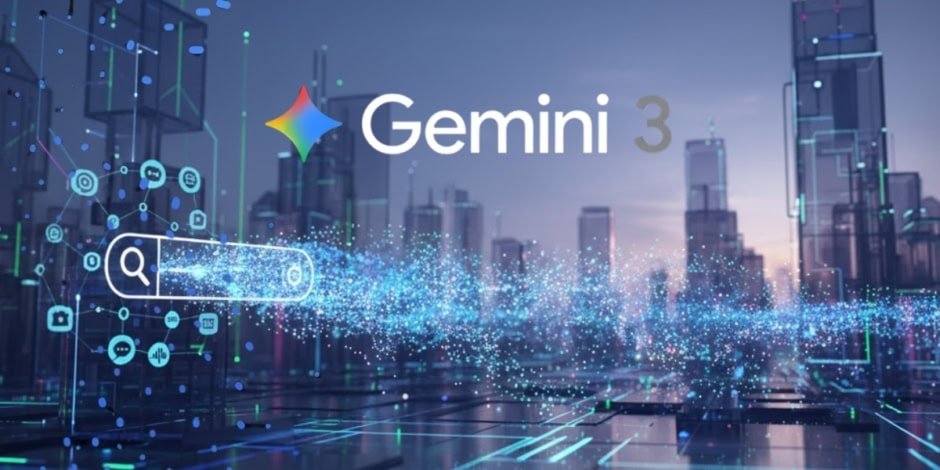
Gemini 3 DeepThink: When You Need to Go Further
For the kind of reasoning that demands more patience and depth, Google has introduced Gemini 3 DeepThink. Think of this as Gemini 3’s more contemplative sibling — optimised to work through difficult, multi-step problems rather than responding as quickly as possible.
In tests, DeepThink has outperformed Pro on several notoriously hard benchmarks:
- On Humanity’s Last Exam (no tool assistance), DeepThink scored 41.0%, beating Pro’s 37.5%.
- On GPQA Diamond, which tests for expert-level domain knowledge, it reached 93.8%, compared to Pro’s 91.9%.
- It also scored 45.1% on the ARC-AGI-2 visual reasoning benchmark (with code execution), showing that it can tackle novel, multi-step challenges..
That said, Google is rolling out DeepThink more cautiously: it’s still under safety evaluation and will initially be available to Google AI Ultra subscribers, per The Indian Express.
What This Means for Everyday Users and the Nigerian Context
Google’s move with Gemini 3, Pro, and DeepThink marks a major step forward for AI — not just because of raw intelligence, but because of how it applies that intelligence. For everyday users in Nigeria, this could open up interesting possibilities:
- Learning and education: Students and teachers could use Gemini 3 Pro or DeepThink to break down complex subjects, visualise difficult concepts, or even build interactive study tools.
- Business planning: Entrepreneurs can leverage the long-horizon planning skills of Pro to map out business strategies, run simulations, or plan resource allocation.
- Creative work: From writing detailed reports or proposals to designing apps, Gemini 3’s multimodal strength lets you mix text, visuals, video, and even code — all with the AI as a co-creator.
- Research and deep thinking: For analysts, researchers, or curious minds, DeepThink’s strength at solving hard, multi-step problems could be a huge asset.
However, there are also potential concerns: high-tier access may be limited (such as DeepThink being gated behind Ultra-level subscriptions), and the cost could be a barrier for many. Also, the responsible use of such powerful AI — especially in contexts where misinformation, bias, or reliance on AI-generated content can be critical — remains a major issue.
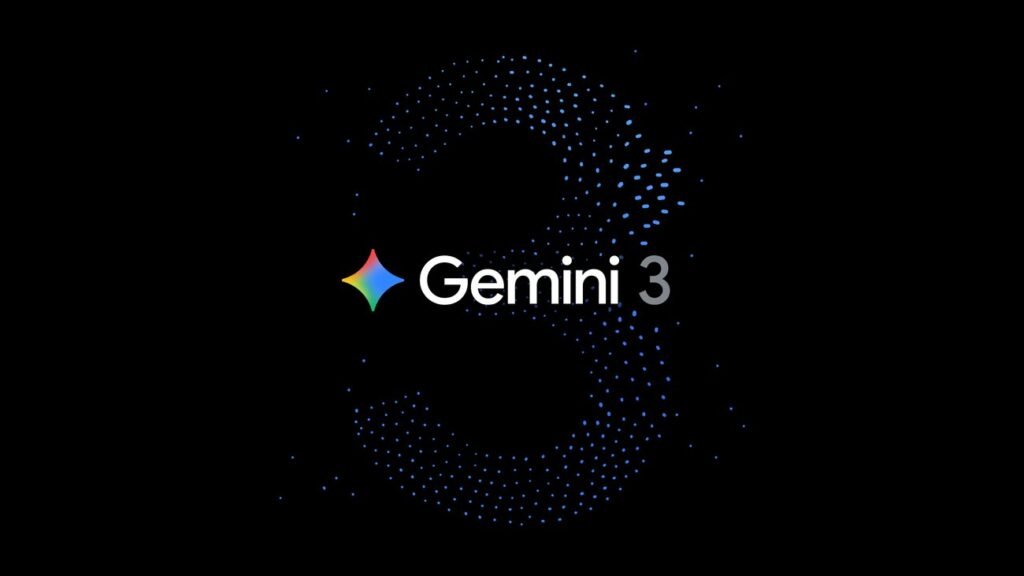
Conclusion
Google’s Gemini 3 family — especially Pro and DeepThink — doesn’t just represent incremental improvements. It’s a bold leap into machines that can reason, plan, and work with nuance. For Nigeria, this could translate into smarter tools for education, business, and innovation. But with that power comes a responsibility — from users and developers alike — to use AI not just because it can, but because it should.
If you like, I can dig into how Gemini 3’s pricing works (especially for users outside the U.S.) or what it means for the African AI scene. Do you want me to do that?
Join Our Social Media Channels:
WhatsApp: NaijaEyes
Facebook: NaijaEyes
Twitter: NaijaEyes
Instagram: NaijaEyes
TikTok: NaijaEyes


